Vegetarians Diet Planning
Researchers have debated about the advantages and disadvantages of being a vegetarian and what their ideal diet should be. Initially, many researchers have found that it is essentially more feasible as more people can be fed with a vegetarian diet compared to a non-vegetarian diet. In fact, a group research has found that for an acre of land, the amount of protein that can be produced is 10 times greater if it is produced by plants compared to animals. Even environmentalists argue that the vegetarian diet will actually be favorable to the environment due to many reasons while other medical experts claim that human IQ and longevity can augment if they follow a vegetarian diet. Therefore, what is a vegetarian diet? Let’s take a dip in it.
The vegetarian types
A vegetarian diet includes eating plants, plant-based products, and at times, animal products like milk and honey. However, there is a certain group of people who forgo eating any animal-based products at all – they strictly follow a “vegan” diet. On the other hand, fruitarians are those who will only eat the fruit because it does not involve the plants to be killed. There are many types of vegetarians, who design plan their menu on depending on their the palates. No matter you are a vegan or non-vegan, your body requires energy from some essential nutrients in different proportions.
1. Energy
Energy is the vigor and strength that keeps the body functional. All nutrients build up into energy expressed as kilocalories. The human body requires 2000 to 2200 kilocalories or energy per day. The sources of calories are essential nutrients.
2. What are Essential Nutrients?
There are a number of essential nutrients required for normal functioning of the body. These are known as essential nutrients and must be supplied as the body cannot make them. The requirements are based the Reference Daily Intake or Recommended Daily Intake (RDI) of nutrients enough to meet 97–98% of healthy individuals need. The four key nutrients are sugar, salt, saturated fat and sodium required in different proportions. The required quantity by an adult in 90g sugar, 70 g fat, 24 g unsaturated fat and 2.3 g salt.
The other essential nutrients are carbohydrates, protein, fiber, minerals and vitamins. About 310g carbohydrate, 50 g protein, 25 g fiber and minerals and vitamins ranging from Nano to 1500 micrograms. Food is the source of all the basic and additional nutrients.
3. Sources of Nutrients for Vegetarian Diet
The above nutrients for any diet must be derived from food sources. Let us what are best sources for a vegetarian’s diet.
(i) Carbohydrate and Protein
Cereals and grains are essential and vegetarian diets should include rice, wheat, beans, oats, and barley. These are crucial because they contain carbohydrates, essential vitamins, like Vitamin B12 and also proteins. Moreover- lentils, beans, legumes, nuts, and soybeans are rich in protein and amino
(ii) Essential Elements
Iron an absolutely essential element is required in the range of 18 mg based on RDI. Iron-rich items include banana and water-rich items like apple, grapes and peach are necessary and should be included in the diet. Calcium requirement is about 1000 mg as it is necessary to build strong bones and joints. Collard greens, turnip greens, garlic, arugula, okra, parsley, sesame seeds, oats, soy milk, almonds, and tofu contain plenty of calcium. Other items can include soy milk, coconut milk, and dairy milk. These items also add other necessary minerals for the body. Many vegetables and fruits contain major and minor minerals when taken even in small quantities fulfill the RDI of a normal individual.
(iii) Vitamins
As children, we used to hate vegetable or in short plant-based food. Even adults will find it displeasing to eat vegetables if it is not cooked in a tasty way or it is not different. Many vegetarians absolutely depend on various sources of vegetable to fulfill their diet. Green vegetables like spinach are both rich in protein and iron and are a great source of fiber. Leafy vegetables and other vegetables are full of antioxidants, vitamin C, vitamins, fiber, and minerals. Tomato, broccoli, oranges, green chili, cucumber, potatoes, apples, apricot, Aborigine, carrots, iceberg lettuce, mango, lemons, mushrooms, pea, and other vegetables should be present in the diet for efficient metabolic functions of the body. The following suggestions will tell you how you can include only vegetarian products in your diet and still get the “taste” that non-vegetarians cannot let go of or the taste that you still miss!
(iv) Fats
Fat in a vegan diet usually comes from milk and dairy products. Egg a favorite of vegetarian diet protein fat and minerals. Oilseed products such as almonds, walnut, peanut can provide the good fat.
4. The diet plan
A vegetarian diet sometimes needs to be planned. Planning the meal fo a day should give variety so that it is filling and appetizing. Well, why not suggest a day’s menu.
(i) Breakfast
Breakfast can begin with a glass of juice such as orange, pineapple, berry, guava or whatever is in season. Today’s trend of juice is also vegetables, such as some leafy vegetables with lemon and mint flavors. A glass of milk, an egg, a porridge, cereals like corn flakes are good eateries. Bread and peanut butter and jam should take care of your sugar intake. Off you want to finish with a cup of tea or coffee. Fruits can serve as can snack in between breakfast and lunch. Seasonal fruits besides apples, grapes, avocados are becoming popular and really appealing if you know the nutrients it contains.
(ii) Lunch
Besides bread and potato fried rice with mixed vegetable curry could be an excellent source of carbohydrate and vitamins for lunch. You can lentil or mushroom and vegetable soups for instant energy. .Other items can include sandwich, made with vegetables and tofu and more. Fruit or vegetable salad is a good option for lunch too. I will suggest you to either experiment or look around for recipes for different salads that you can eat. Your mid-afternoon or evening snack can include mixed fritter made from spinach, parsley, eggs, and potatoes – deep fried. Whereas, it can also include sandwiches or cereals, French fries topped with mayo and ketchup will wake you up if you are drowsy. Different types of tortillas or cupcakes can be eaten too with a refreshing cup of coffee. That will fulfill mid-day meal of a vegetarian diet!
( iii) Dinner
Spaghetti for dinner is excellent. Spread with cheese makes it nourishing. Noodles with plenty of green and colored vegetables cooked in whichever way you want it to. You can include mushroom or tofu for added taste and texture. Spinach or a leafy vegetable based curry to with any sort of bread spread with almond butter. There are few Italian dishes and Indian dishes that you might want to check out that are wholly vegetarian and tasty! Your dinner can include pizza or pasta or parboiled rice. Sushi is a great cuisine to add to a vegetarian diet. You can do some personal exploring of your own that you can include to your dinner. A glass of milk or yogurt and fruits will give all the bone strength you need to wake up fresh in the morning.
A day filled with your favorite foods should not make it different from a non-veg person’s life. Mixing and matching can bring in diversity and nutritional completeness of your body functions and health. Health brings happiness undoubtedly!

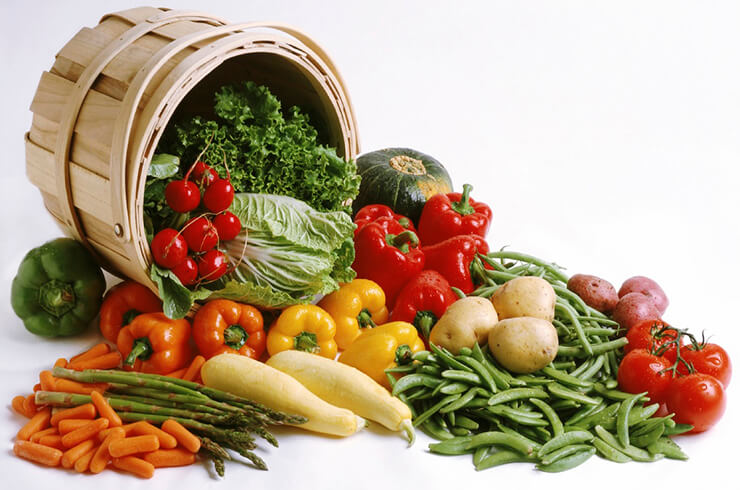
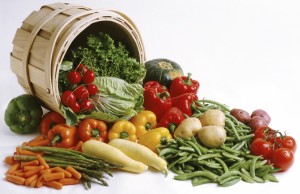
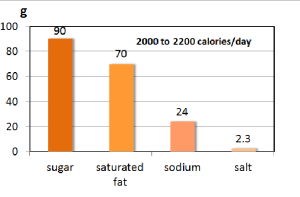
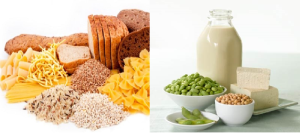
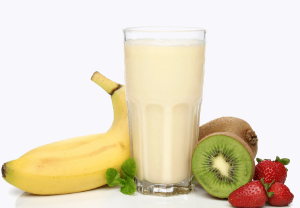
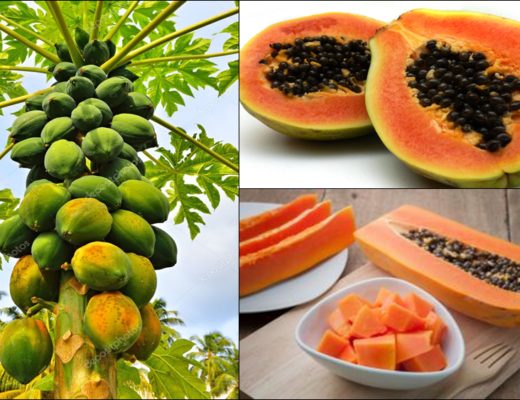

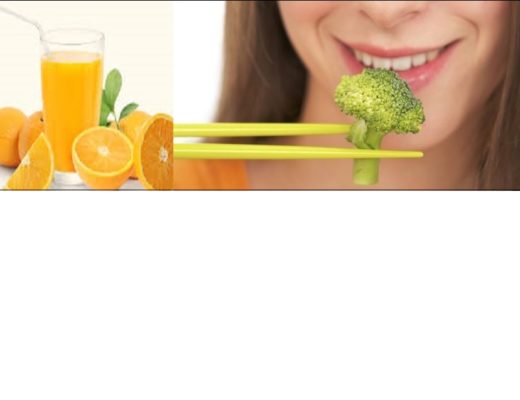
No Comments